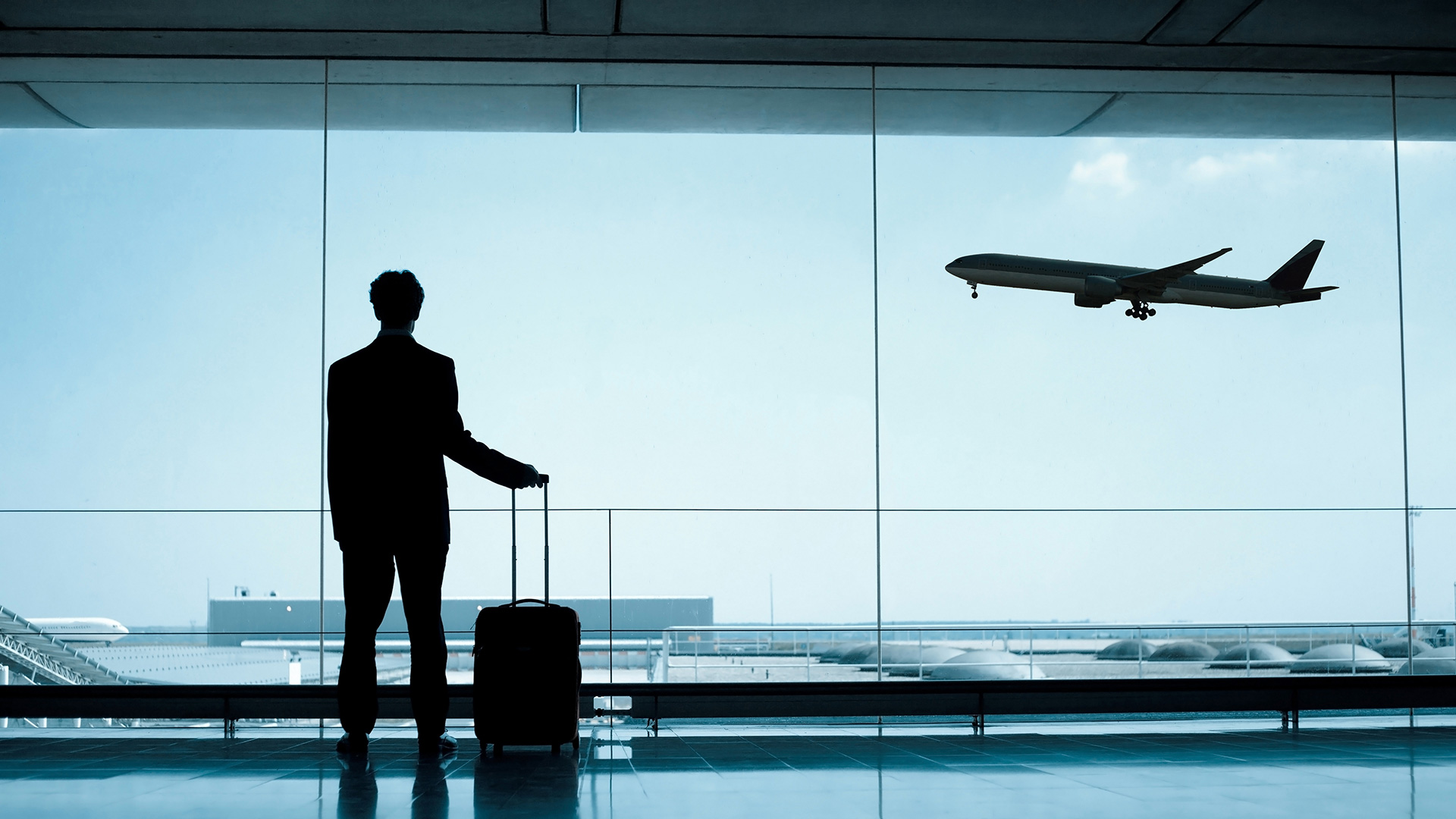
Publication
Prosecuting AI-related patents in China
AI technology is flourishing in China, leading to a surge in innovators seeking to protect their intellectual property.


Canada | Publication | March 24, 2020 - 7 PM ET
Effective March 21, the United States and Canada have temporarily restricted travel through land ports of entry and ferry terminals along the Canada-United States border to “essential travel” only The restrictions will remain in effect until 11:59 p.m. on April 20, 2020, but may be revoked or extended as deemed necessary. The restriction is aimed at stopping travellers who wish to cross the border for tourism purposes (e.g., shopping, sightseeing, recreation, gambling, or attending cultural events).
The US Department of Homeland Security (DHS) has defined “essential travel” to include:
These restrictions do not apply to air, freight rail, or sea travel between the United States and Canada at this time.
At the time of this writing, we do not know how US Customs and Border Protection (USCBP) officers will apply this new policy to (1) Canadians who wish to enter the US with their existing US work permits, and (2) Canadians who wish to apply for new work authorization or renew existing work authorization (L-1 and TN status) at the border.
Both President Trump and Prime Minister Trudeau have stated trade and commerce will not be affected by this suspension.
Effective March 21, the United States and Mexico have temporarily restricted travel through land ports of entry and ferry terminals along the US-Mexico-border to “essential travel” only. The restrictions will remain in effect until 11:59 p.m. on April 20, 2020, but may be rescinded or extended as deemed necessary. The restriction is aimed at stopping travellers who wish to cross the border for tourism purposes (e.g., shopping, sightseeing, recreation, gambling, or attending cultural events).
The DHS has defined “essential travel” to include:
These restrictions do not apply to air, freight rail, or sea travel between the United States and Mexico at this time.
At the time of this writing, we do not know how US Customs and Border Protection officers will apply this new policy to Mexicans who wish to enter the US with their existing US work permits visas.
Individuals admitted under the ESTA/visa waiver program (VWP) who are unable to depart the US before their period of admission expires because of COVID-19-related issues AND who were admitted to the US through John F. Kennedy International Airport, NY (JFK) or Newark Liberty International Airport, NJ (EWR), can contact the deferred inspections office at JFK and request to extend for up to 30 additional days.
The USCBP at the Seattle field office will be implementing a similar process in the coming days. An official effective date has not been announced.
Travellers will need to provide their names, dates of birth and passport information at the time of the request. They may be asked to provide the original departure flight itinerary along with the new flight itinerary.
Requests for an extension of stay (also known as a request for a “satisfactory departure”) can be made by those with ESTA/VWP expirations within 14 days of the date they contact deferred inspections at JFK. If their admission period has already expired, the decision to grant extensions will be reviewed case by case.
To contact JFK deferred inspection to make the satisfactory departure request, call (718) 553-3683 or (718) 553-3684, Monday – Friday, 9 a.m. to 4 p.m. ET.
To contact Seattle deferred inspection to make the satisfactory departure request, use the following email address: i94.correction.seattle@cbp.dhs.gov.
On March 19, the DHS announced the suspension of operations for all CBP trusted traveler program enrollment centers due to the outbreak of COVID-19. Effective March 19, and at least until May 1, 2020, the temporary closure includes all public access to Global Entry, NEXUS, SENTRI, and FAST enrollment locations.
Additionally, as of February 6, residents of the State of New York will no longer be eligible to apply for or renew membership in CBP trusted traveler programs.
Effective March 20, premium processing services on all Form I-129 (Petition for Nonimmigrant Worker) and Form I-140 (Immigrant Petition for Alien Worker) will be suspended until further notice.
Employers who have already filed the forms using premium processing service and who did yet receive any agency action on their case within the 15-day calendar period will receive a refund.
Premium processing on all H-1B petitions, those subject to the cap and cap-exempt petitions, have been suspended until further notice. This announcement replaces all previous announcements by US Citizenship and Immigration Services (USCIS) about premium processing for H-1B applications for FY2021.
Effective March 20, USCIS will accept all benefit forms and documents with reproduced original signatures, rather than original “wet” signatures, including the Form I-129, Petition for Nonimmigrant Worker. The new policy will apply to all submissions dated March 21, 2020 and beyond.
Forms that usually require an original signature may be scanned, faxed, photocopied, or similarly reproduced provided that the copy must be of an original document containing an original handwritten signature. USCIS will accept electronically reproduced original signatures for the duration of the national emergency. This temporary change only applies to signatures.

Publication
AI technology is flourishing in China, leading to a surge in innovators seeking to protect their intellectual property.
Subscribe and stay up to date with the latest legal news, information and events . . .
© Norton Rose Fulbright LLP 2025